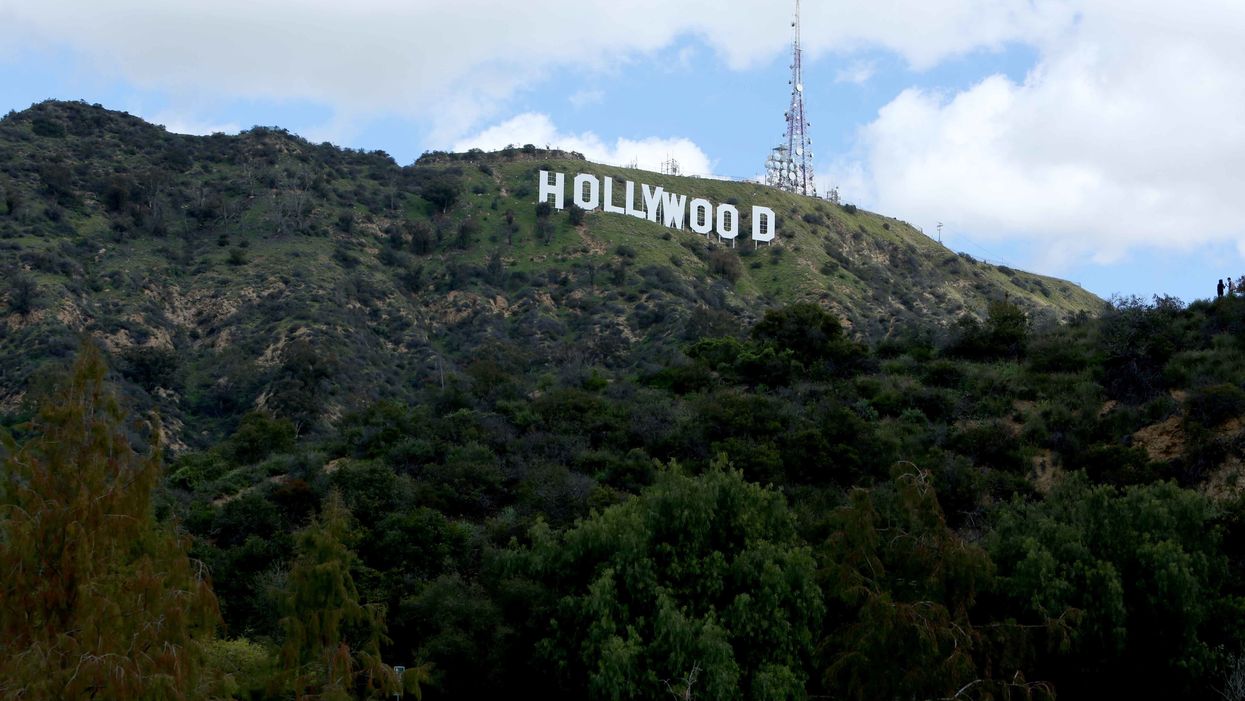Rosenberg is executive director of Open the Government, a nonpartisan group advocating for government transparency and accountability.
It is hard to ignore whistleblowers these days. A whistleblower complaint about a controversial exchange between President Donald Trump and Ukrainian President Volodymyr Zelensky triggered the impeachment inquiry and subsequent trial that dominated the news for months. Even while it was focused on the impeachment trial, the Senate was also looking into reports from another whistleblower alleging that a Trump political appointee interfered with an audit of either the president or Vice President Mike Pence.
Even Hollywood cannot seem to get enough of whistleblowers. While movies and television shows about whistleblowers are not new, the theatrical and Netflix releases of several movies last year suggest a growing appetite for more insight into who they are and how their commitment to creating an accountable society benefits the greater good.
The protagonists' motivation in "The Report," "The Laundromat" and "The Great Hack" were the same: A desire to use access to information and free speech to expose abuse of power. They understand on a deep level, even in the face of formidable resistance, that transparency is the first step toward ensuring the accountability that can address societal ills. By exposing corporate or government wrongdoing, whistleblowers often face tremendous personal and professional risks.
In "The Report," Adam Driver plays Senate staffer Dan Jones, who doggedly dedicates several years to investigate the CIA's enhanced detention and interrogation program after the Sept. 11 attacks. Jones uncovers that detainees were severely tortured — one killed — using waterboarding and other CIA interrogation techniques. The resulting 6,000-page torture report concluded that the program did not yield any significant intelligence breakthroughs. To date, despite years of litigation and advocacy by transparency and accountability organizations, only the executive summary has been released. More than 5,000 pages remain hidden from view, and those complicit in torture crimes have not been held accountable.
In "The Laundromat," Ellen Martin (Meryl Streep) gets the runaround after her husband dies in a tragic tour boat accident. She and the other victims of the accident never get the insurance payment they are entitled to because the company's liability coverage came from a shell company in the Caribbean being investigated by the FBI for fraud — a fact she uncovers while investigating the company's deceptive practices.
The fictional account follows the byzantine true story of the Panama Papers, the release of which uncovered a complex, massive tax evasion scheme. The 11 million documents a whistleblower provided to a German newspaper detailed the ways in which some of the wealthiest individuals in the world used offshore banks and shell companies to exploit the global financial system for personal gain.
The Netflix documentary "The Great Hack" explores how a London-based data company, Cambridge Analytica, scraped the personal information of millions of Facebook users and, unbeknownst to them, used the data to influence the 2016 U.S. presidential election, the United Kingdom's Brexit movement and other elections around the globe.
The film's central figure, David Carroll, sued Cambridge Analytica demanding full disclosure of his data set profile (one of the millions the company created) and for details on how the company obtained it. The movie follows Carroll's attempt to reclaim his personal information by taking up the fight in Britain, where privacy laws are stronger than here. The movie also features interviews with Christopher Wylie, a former Cambridge Analytica employee who blew the whistle on the company, exposing the way it harvested and then weaponized data to influence elections and grassroots movements.
The fallout from the scandal and the lawsuit pressured Facebook into taking more responsibility for how it shares user data with third-party entities and has prompted Congress to consider strengthening federal privacy laws.
These three movies underscore whistleblowing as a right, not a crime, and debunk the misconception that whistleblowers act out of self-interest. Instead, audiences can see how all the characters are motivated to expose and correct unethical and illegal activity.
But to do so effectively, whistleblowers need the protection of stronger, streamlined whistleblower protection laws and a cross-section of experts in their corner — lawyers, freedom of information advocates, journalists and even members of Congress — to provide guidance on how to safely disclose wrongdoing.
The need for resources that encourage and protect whistleblowers is vital. As governments and corporations become less open, the role of whistleblowers as agents of accountability is increasingly important.
Hollywood's championing of whistleblowers as critical sources of information about wrongdoing and as pillars of an accountable and transparent society is a positive trend that must continue.


















Trump & Hegseth gave Mark Kelly a huge 2028 gift